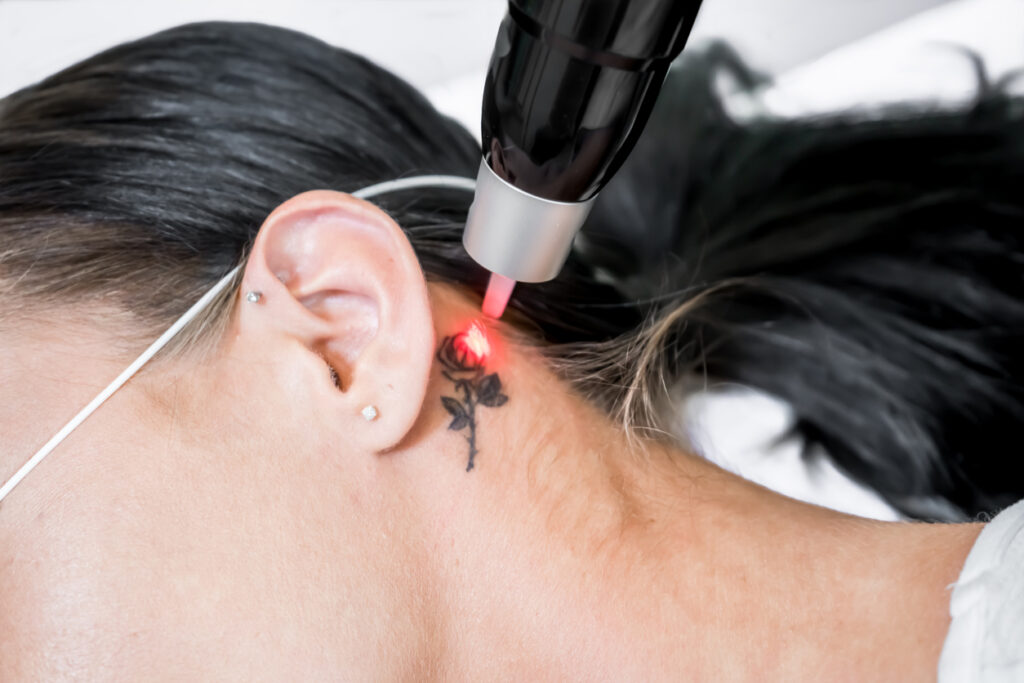Anaerobic and aerobic bacteria may be lurking in commercial tattoo and permanent makeup inks, according to research in Applied and Environmental Microbiology.
“Our findings reveal that unopened and sealed tattoo inks can harbor anaerobic bacteria, known to thrive in low-oxygen environments like the dermal layer of the skin, alongside aerobic bacteria,” says corresponding author Seong-Jae (Peter) Kim, Ph.D., a microbiologist with the Division of Microbiology, National Center for Toxicological Research, U.S. Food and Drug Administration, Jefferson, AR, in a news release. “This suggests that contaminated tattoo inks could be a source of infection from both types of bacteria. The results emphasize the importance of monitoring these products for both aerobic and anaerobic bacteria, including possibly pathogenic microorganisms.”
The study aimed to assess the prevalence of both aerobic and anaerobic microbial contaminants in tattoo inks available on the U.S. market. For the detection of aerobic bacteria, the researchers mixed 1 to 2 grams of tattoo ink solution with appropriate media and incubated them in a standard incubator, and to detect anaerobic bacteria, they mixed the ink solution with appropriate media and incubated them in an anaerobic chamber. The researchers conducted this procedure for a total of 75 tattoo inks from 14 different manufacturers.
About 35% of tattoo or permanent makeup inks sold in the U.S. were contaminated with bacteria. “Both types of bacteria, those needing oxygen (aerobic) and those not needing oxygen (anaerobic), can contaminate the inks,” Kim says. “There was no clear link between a product label claiming sterility and the actual absence of bacterial contamination.”
“The rising popularity of tattooing in recent years has coincided with an increase in tattoo-related complications or adverse reactions,” Kim adds. “It should be noted that microbial infections constitute just one aspect of these complications. In addition to microbial infections, immunologic complications such as inflammatory reactions and allergic hypersensitivity, as well as toxic responses, represent a significant portion of these issues. In light of our study results, we want to emphasize the importance of continuously monitoring these products to ensure the microbial safety of tattoo inks.”
Going forward, researchers plan to develop more efficient microbial detection methods for tattoo inks, making the process quicker, more accurate and less labor-intensive. They will also conduct systematic research to deepen the understanding of microbial contamination in tattoo and permanent makeup inks. This will include studying the occurrence, co-occurrence and diversity of microbial contaminants, which is essential for preventing contamination in these products.


